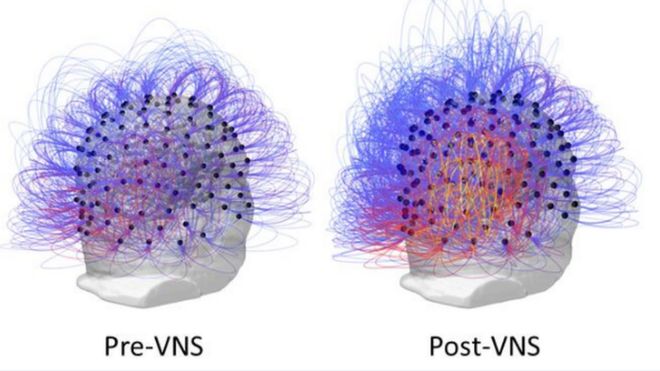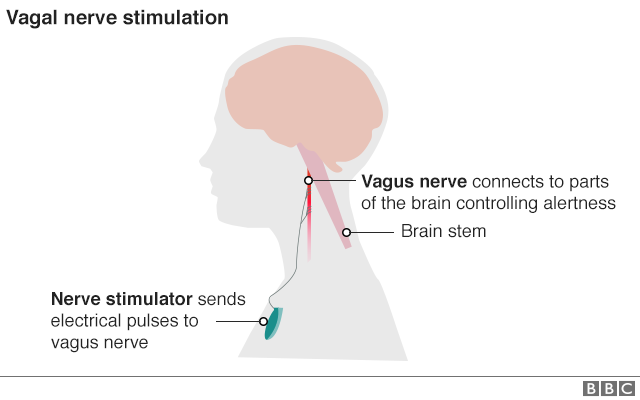A Brief Colonial History Of Ceylon(SriLanka)
Sri Lanka: One Island Two Nations
A Brief Colonial History Of Ceylon(SriLanka)
Sri Lanka: One Island Two Nations
(Full Story)
Search This Blog
Back to 500BC.
==========================
Thiranjala Weerasinghe sj.- One Island Two Nations
?????????????????????????????????????????????????Wednesday, September 27, 2017
Vegetative-state patient responds to therapy

Tests show the man's brain activity before (L) and after (R) the treatment
A man in France has regained some degree of consciousness after being in a vegetative state for 15 years.
Within a month, he could respond to simple instructions, turning his head and following an object with his eyes.
Experts say the results are potentially very exciting, but need repeating.
Vagal nerve stimulation (VNS) may not work as effectively in patients with different patterns of brain damage.
But Angela Sirigu, from the Institut des Sciences Cognitives Marc Jeannerod, in Lyon, said it had chosen a really challenging patient to try the treatment out on.
The vagus nerve connects the brain to many parts of the body and helps control automatic or subconscious functions, including alertness and wakefulness.

After one month of vagal nerve stimulation, the patient's mother reported he had an improved ability to stay awake when listening to his therapist reading a book.
And brain scans reflected this improvement, Current Biology journal reports.
He also started responding to "threat".
For instance, when the doctor's head suddenly approached the patient's face, he reacted with surprise, opening his eyes wide.
Ms Sirigu said: "Brain plasticity and brain repair are still possible even when hope seems to have vanished.
"After this case report, we should consider testing larger populations of patients.
"This treatment can be important for minimally conscious patients by giving them more chances to communicate with the external world."
Dr Vladimir Litvak, from The Wellcome Centre for Human Neuroimaging, at University College London's Institute of Neurology, said: "This might be an interesting new lead, but I would suggest to be cautious about these results until they are reproduced in more patients.
"It is hard to know based on a single case how likely this treatment is to work in the general patient population."
Vegetative state
- A vegetative state is when a person is awake without signs of awareness; they may open their eyes, wake up and fall asleep at regular intervals and have basic reflexes; they can also regulate their heartbeat and breathing without assistance
- A person in a vegetative state does not show any meaningful responses, such as following an object with their eyes or responding to voices; they also show no signs of experiencing emotions
- A continuing - or persistent - vegetative state is when this happens for more than four weeks
- A permanent vegetative state is defined as more than six months if caused by a non-traumatic brain injury, or more than 12 months if caused by a traumatic brain injury such as a blow to the head
- If a person is in a permanent vegetative state, recovery is extremely unlikely but not impossible
